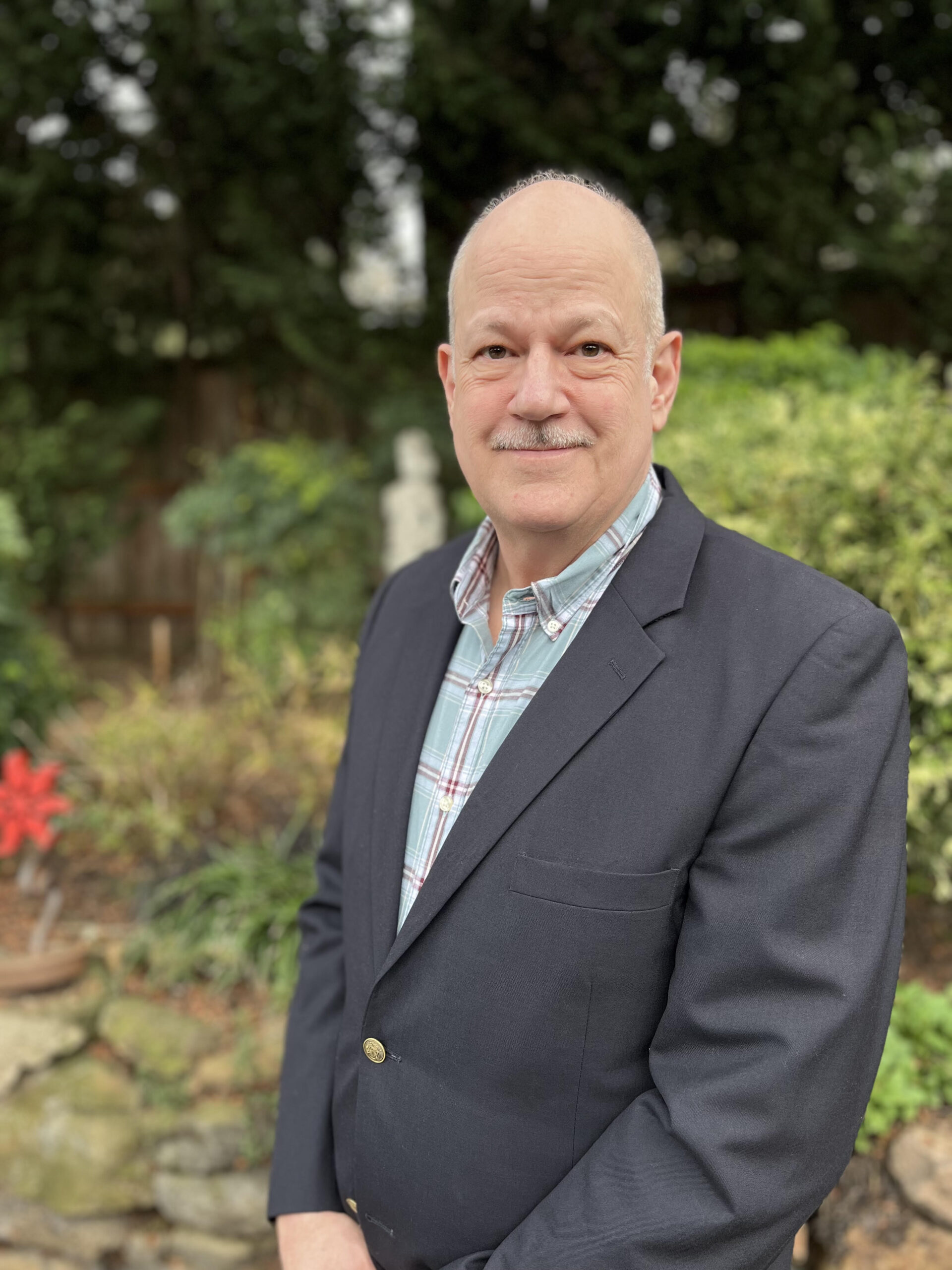Chip and solar industry veteran T.J. Rodgers says it’s about time for the federal government to shed incentives for both industries and vows his revamped SunPower will survive any cuts.
T.J. Rodgers, chairman and chief executive of a reformulated SunPower Corp., came out swinging in a webinar he staged to promote his company’s viability to sustain possible coming changes in federal solar-industry incentives.
“When that bottom drops out, who else is going to be left?” asked Rodgers, wearing a tan jacket, purpled striped shirt and colorfully patterned tie.
“When there’s only 20 of us left, will we be one of them? And the answer is, of course, we will! We’re SunPower. We’re the oldest and best-known company in the history of the solar industry.”
“So, we ain’t going away because some God-damned law got passed by students, who call themselves congressmen, who pull an all-nighter and pass a bill without reading it.”
Among proposals for solar policy curbs are plans contained in a House budget-reconciliation bill to accelerate the sunsets of key incentives, such as the 30% investment tax credit.
Widely regarded as a libertarian by political philosophy, Rodgers doesn’t believe in government subsidies anyway, he says, and he suggests that companies will be better off without them.
Regardless of legislative outcomes, Rodgers vowed that SunPower would survive any solar-industry policy turbulence. With about 900 employees, he said, the company will remain fiscally agile, it will hone its technological edge and, if necessary, it will draw on Rodgers’ many sources of capital, ranging from tapping a $30 million equity line of credit to raising funds from his “Palo Alto crowdsource” well of capital from longtime friends.
“We’re going to get lean,” Rodgers said.
As written, the House bill would speed up the retirement of a 30% investment tax incentives for solar projects. Other federal solar benefits potentially confronting setbacks are other financial bonuses as well as their transferability in sales to third parties.
Rodgers, who founded and led the former Cypress Semiconductor and played key roles over the development of an original iteration of SunPower, drew on his experiences from both the chip and solar industries in preparing his comments, he said. Read more about Rogers in the recent pv magazine USA interview.
On Tuesday, The Wall Street J0urnal published an essay he wrote ab0out what he considered the ill effects of federal incentives and investments in the chip industry.
In effect, Rodgers said he believes a dose of tough love could spur the U.S. solar industry long term. The industry, he said, needs to wean itself from entanglement in the “downward spiral” of free federal money, the political strings that come with it and “profit-killing regulations.”
“I’m happy the solar industry is going to go cold turkey,” instead of getting off incentives more gradually, he said.
Rodgers and other SunPower executives have been gaming out scenarios for surviving any losses in “corporate welfare,” he said. In all cases, if the company maintains quarterly revenue at no less than $70 million and employment of 800, it will survive the federal challenge.
“I’ve looked at these numbers eight hours a day for four days, and it’s the best I’ve known how to do,” he said.
But ultimately, the company will need to stay on its toes to avert consecutive quarters of poor results, he said. SunPower will remain agile enough to duck and weave like the late champion boxer Muhammed Ali. “He jabbed, but he moved so fast he never got hit,” Rodgers said.
Moreover, the company’s focus will be on sharpening its technological advantage.
“We’re going to move it up a click,” he said. “I’m a tech guy.”
This content is protected by copyright and may not be reused. If you want to cooperate with us and would like to reuse some of our content, please contact: editors@pv-magazine.com.









What does he have to say to the share holders who lost their money when Sunpower went bankrupt?
Those who put in solar on the basis of credits should be able to use up those credits. Whatever rules applied at the time solar was installed should continue for that installation.